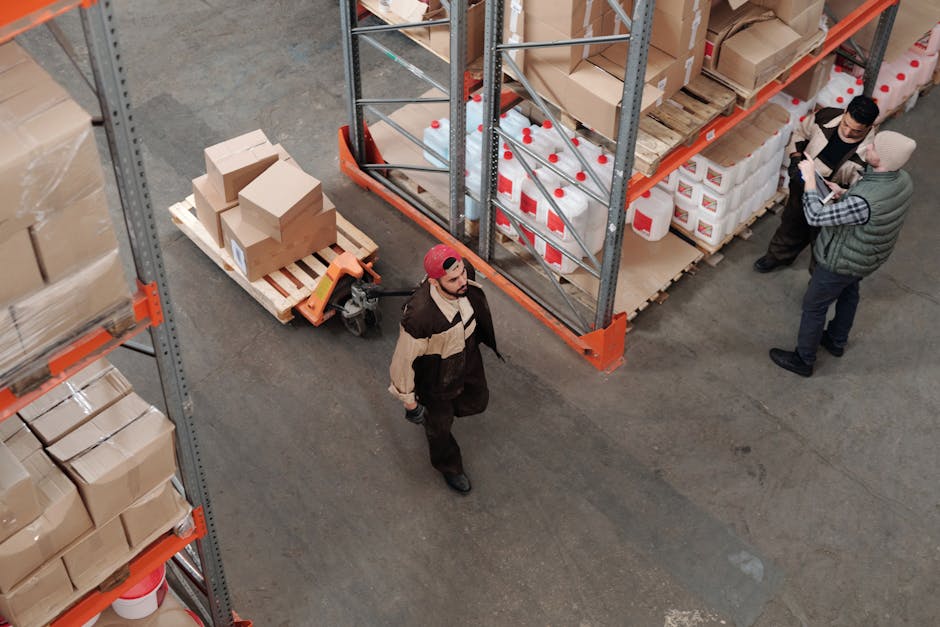In an age defined by technological advancements and instant gratification, the allure of convenience is undeniable. From food delivery apps to smart home devices, the modern world has been designed to cater to our every whim with the touch of a button. While these innovations enhance our daily lives, they come with a hidden price tag that many of us overlook. As we embrace this culture of convenience, we must ask ourselves: what are we sacrificing in the process?
The convenience of today often leads to a disconnection from the very resources that sustain us. For instance, the rise of fast food and meal delivery services has transformed the way we eat, promoting a lifestyle that prioritizes speed over nutrition. This shift not only affects our health but also impacts local economies and the agricultural practices that support them. As we opt for pre-packaged meals and takeout, we inadvertently contribute to the decline of family-owned farms and the rich tapestry of local food cultures.
Moreover, the environmental repercussions of our convenience-driven choices are becoming increasingly alarming. Single-use plastics, rampant in food packaging and delivery services, contribute significantly to pollution and climate change. The convenience of grabbing a quick bite comes at the cost of our planet’s health, as landfills overflow and oceans become littered with waste. This cycle of consumption and disposal raises urgent concerns about sustainability and the legacy we leave for future generations.
In addition to environmental degradation, the over-reliance on technology for convenience poses a threat to our social interactions and mental well-being. The ease of online communication, while connecting us in unprecedented ways, can also lead to isolation. As we prioritize digital interactions over face-to-face conversations, we risk losing the emotional depth and understanding that comes from genuine human connection. This paradox of being simultaneously more connected yet more isolated leaves many feeling anxious and unfulfilled.
However, amidst these challenges lies a glimmer of hope. A growing movement towards mindful consumption is gaining traction, encouraging individuals to take a step back and evaluate their choices. Sustainable practices, such as supporting local businesses and opting for eco-friendly products, are becoming increasingly popular. This shift not only benefits our health and environment but also fosters a sense of community and connection that has been lost in the hustle of modern life.
As we navigate this complex landscape of convenience, it is crucial to remain aware of the broader implications of our choices. The thrill of instant gratification should not overshadow our responsibility to ourselves, our communities, and our planet. By embracing a more conscious approach to consumption, we can reclaim the joy of meaningful experiences and ensure a healthier, more sustainable future for generations to come. The hidden costs of convenience may be steep, but with awareness and action, we can forge a path that honors both our needs and the world we inhabit.

